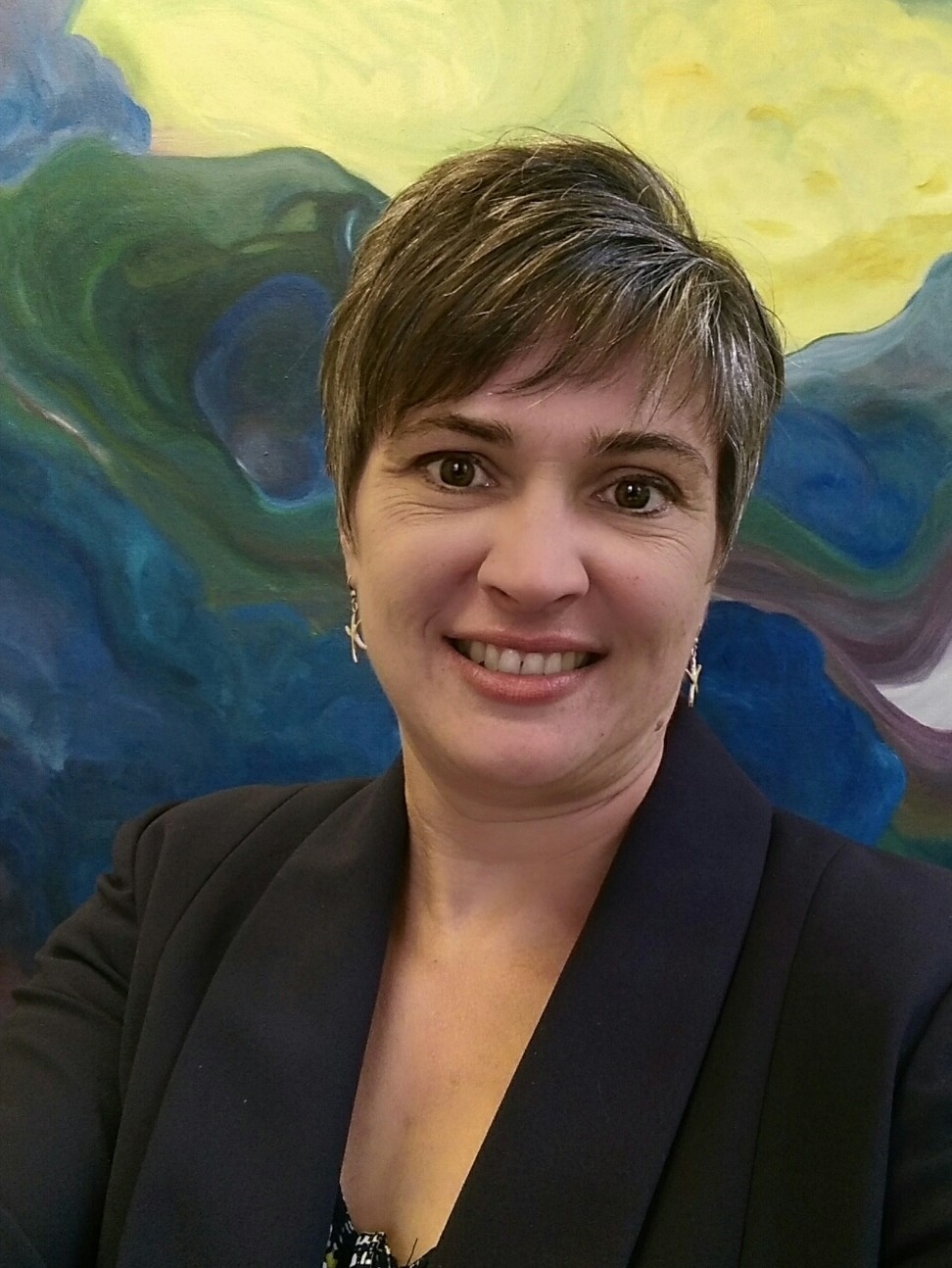- Home
- About Us
- The Team / Contact Us
- Books and Resources
- Privacy Policy
- Nonprofit Employer of Choice Award

 Language is important. There are also times when words are used ignorantly and inadvertently – giving us all a chance to educate (or be educated) with grace and kindness. Choosing our words can be exhausting -- a disincentive to speak our mind or engage in conversation. This article is an opportunity to engage in a new conversation about the language that affects all of us who work for non-profits. And THAT is the word I would like to discuss: non-profit.
Language is important. There are also times when words are used ignorantly and inadvertently – giving us all a chance to educate (or be educated) with grace and kindness. Choosing our words can be exhausting -- a disincentive to speak our mind or engage in conversation. This article is an opportunity to engage in a new conversation about the language that affects all of us who work for non-profits. And THAT is the word I would like to discuss: non-profit.
There are few of us who would describe ourselves by saying we are not 5’2”… or not blonde… or not Caucasian. Saying what we are not doesn’t really say who we are. So why do we, as a sector, call ourselves “non-profit”? Is the fact that we don’t work for a profit the most important part of our work? Does it really describe the amazing programs and people who are involved? Does it say anything about the impact we bring to our communities? All it says is that money is not our primary goal (which could be another whole conversation -- how counter intuitive is that message when we need to approach donors for financial support?!). No other sector defines themselves in such a counter-productive way. We don’t have the anti-sickness sector or the non-illiteracy ministry – so why are we the non-profit sector?
Using the word non-profit undervalues not just the work that is done in our sector, it also undervalues the people who serve and work every day to make our world a better place. People who work in the non-profit sector are traditionally women – the first nurses, teachers and caregivers were women. It was simply understood that this was “women’s work” and therefore had less value – it was done out of the goodness of their hearts and their caregiving natures… it was not for profit or personal gain. Sadly this philosophy towards human services continues to this day. The people who care for, teach and nurture our very young children are some of the most desperately underpaid people in Canada. And yet they are shaping our future every day in the way they care for our little ones.
In order to change how people see and value our sector, we need to change the language. I would much rather work for a Community Benefit organization than a non-profit! Or what about a Social Investment organization – that is so much more descriptive of the incredible work that is being done! Our work is about changing lives for the better, not about not making money.
Language is important. Changing the language of a culture is not straightforward or a quick process. So let’s start now – let’s start talking about the benefit that we bring our community, rather than using that worn out, inaccurate word “non-profit”. Let’s start changing our world by changing our language.
Joanne Specht is the Manager of Communication and Fund Development for The Cridge Centre for the Family in Victoria BC.
If you have thoughts about how we can change the language of our sector, please comment below or email me at jspecht@cridge.org